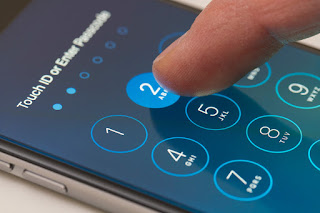Unreasonable Delay - How Long Is Too Long To Wait For Your Criminal Trial?

Unreasonable Delay - How Long Is Too Long To Wait For Your Criminal Trial? This blog is brought to you courtesy of LawyerSelect.ca - Toronto's Premier Lawyer Referral Service Section 11(b) of the Canadian Charter of Rights and Freedoms states: 11. Proceedings in criminal and penal matters – Any person charged with an offence has the right ... b) to be tried within a reasonable time; The primary purpose of sec. 11(b) is to protect the individual rights of an accused person from. More specifically, the rights that are protected are: (1) security of the person, (2) the right to liberty, and (3) the right to a fair trial. The right to security of the person is protected by seeking to minimize the anxiety, concern and stigma of exposure to criminal proceedings. The right to liberty is protected by seeking to minimize exposure to the restrictions on liberty which result from things like pre-trial incarceration and restrictive bail c...






